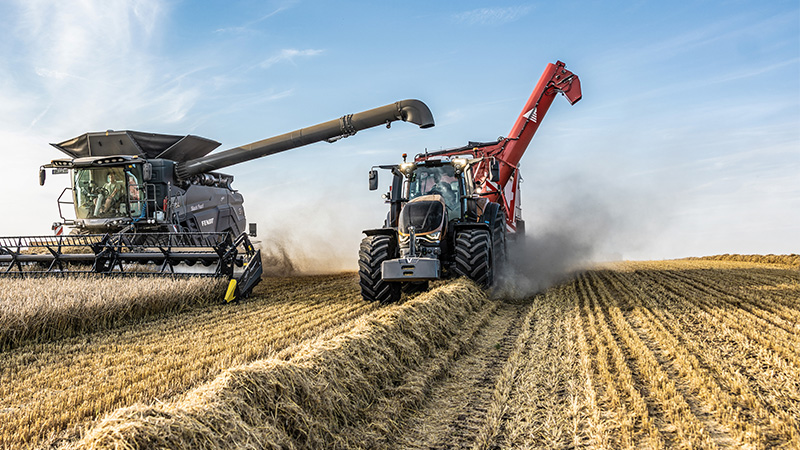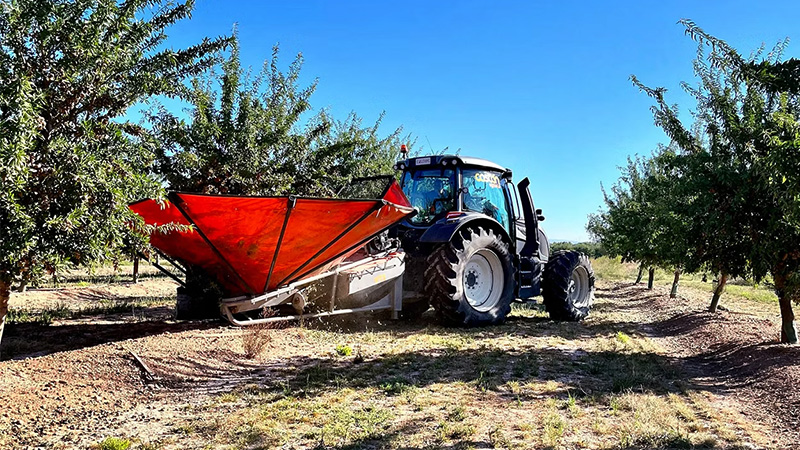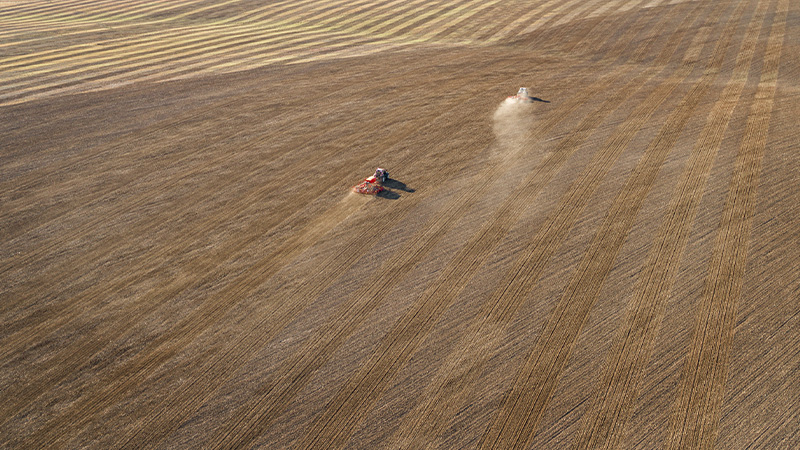Environmental responsibility and sustainability in plant production means focusing attention especially on preventing nutrient leaching and erosion, reducing the risks of plant protection products, reducing greenhouse gas emissions, and maintaining and promoting biodiversity. Much has already been and is still being done to address these issues. Now, the only question is how to make these actions even better, more focused and refined, and how new technologies could be employed in these efforts.
As we know, only a fraction of new technologies and applications are utilised. Only those features and functionalities that serve the current need and are considered to be of immediate benefit are adopted. Currently, the most widely used technological solutions in crop production are guidance systems, autopilot and positioning systems, headland and hydraulic block automation to adjust the precision of crop spraying, reduce wind drift and avoid overlapping, crop imaging using drones, satellite biomass maps for producing fertilisation maps, harvest maps, continuous soil meters, and remote monitoring of tractors, grain driers, silos and bales.
More opportunities for precision control
The most important technological solutions for sustainable crop production are related to the optimal use and targeting of inputs at the right time, in the right place and in the right amount. Support is needed for making decisions and forecasts that allow for the right actions at the right time, not only for the benefit of the environment, but also for improving productivity and profitability.Robotics makes it possible to perform mechanical work that would be impossible with human power, yet even more accurately and efficiently than humans. For example, mechanical weed control, where adjustments are made individually and where image recognition can be utilised, has the most significant impact of all individual technological solutions in reducing the use of herbicides. Future automation solutions also include drone spraying, which allows targeted spraying even in difficult conditions that rule out the use of a tractor on the field, as well as precision measures to reduce the need for plant protection products or wind drift.
Using artificial intelligence to extract information
Another aspect of technological solutions in terms of sustainable crop production is information management. While information represents an opportunity, too much information can also pose a challenge. Because so much information can be generated, questions arise about what information is essential, how can it be best used and where should it all be stored. Throughout the growing season, fields and crops provide information about crop conditions, soil, weather, inputs, fuel consumption and the expected quantity and quality of the harvest. This information can be further used in crop management and for planning future inputs, as well as for analysing the factors leading to the best results.It is important that the information is saved automatically and to the right place for further use. Smart data pooling helps the user to check and verify accuracy, as farming must take into account groundwater and buffer zones, as well as legislative restrictions and ceilings. Smart artificial intelligence makes it possible to extract the most important information from all the data. It uses the accumulated data to calculate and decide the best options in near real time, thereby reducing uncertainty in decision-making. In this way, artificial intelligence could be used to support forecasts for identifying crop yields and the nutrient status in order to promote sustainable crop production and environmental benefits.
It is said that the world is not changed by fighting against what exists, but by creating something new that makes the old seem unnecessary. This applies in the greatest degree to the utilisation of technology. Today we still do not know what it is that we will have tomorrow that we could not live without or that will make us wonder how we ever managed without it.
Sari Peltonen
Senior Development ManagerAssociation of ProAgria Centres
sari.peltonen@proagria.fi
@saripelt



